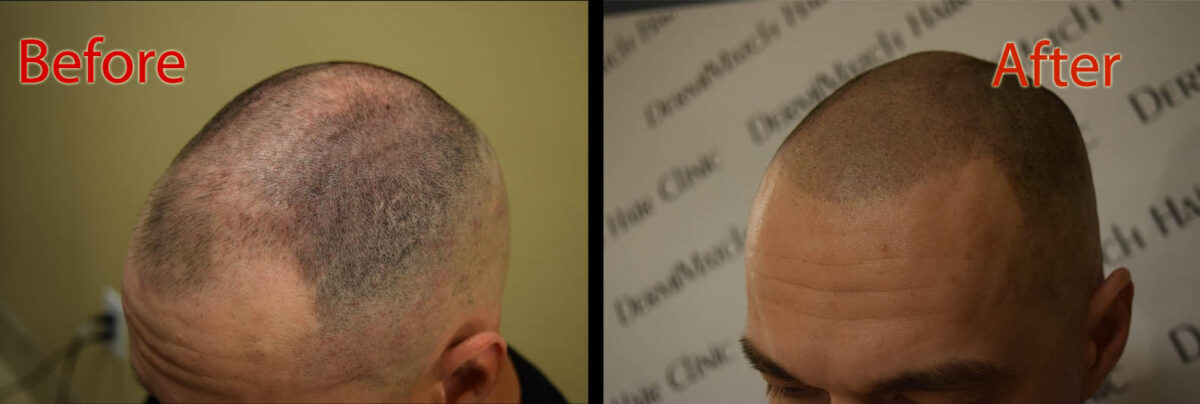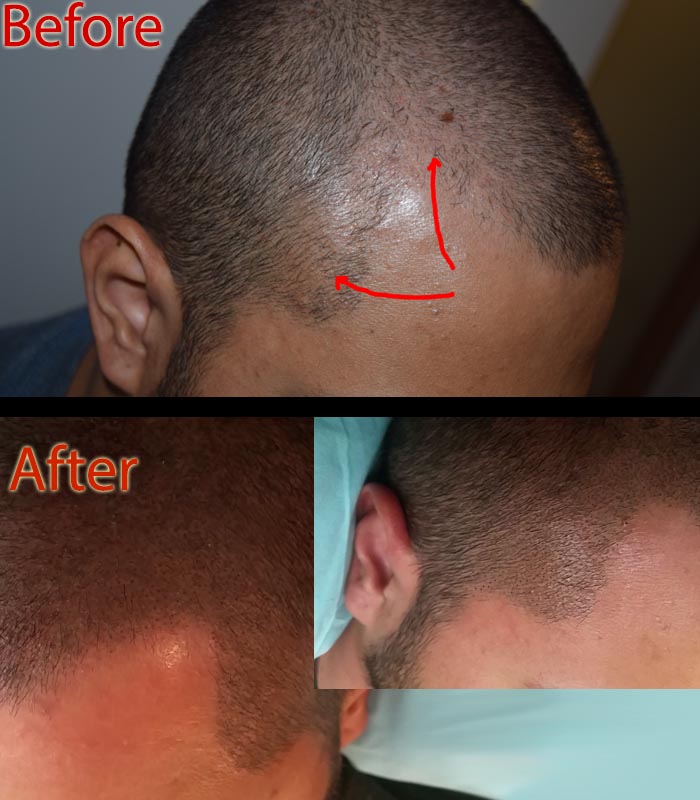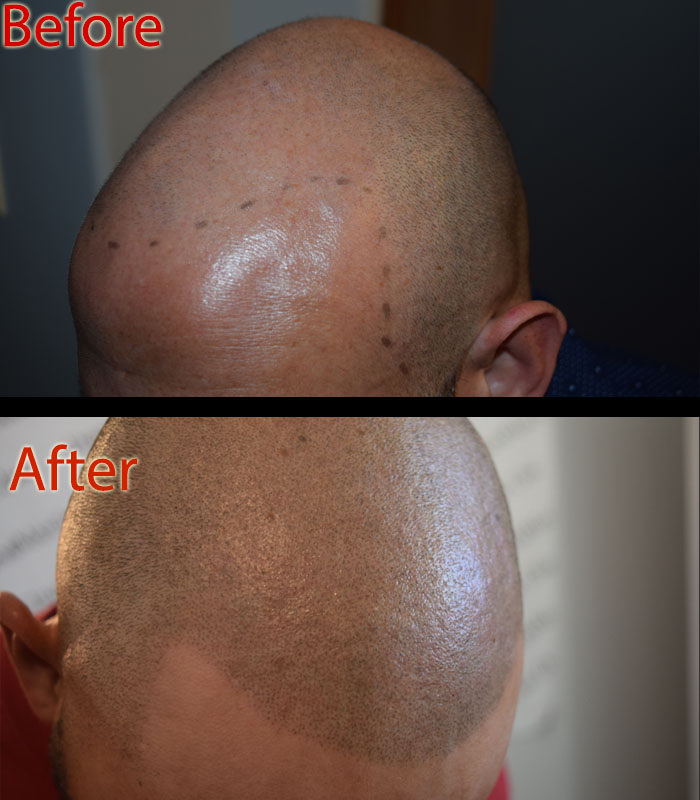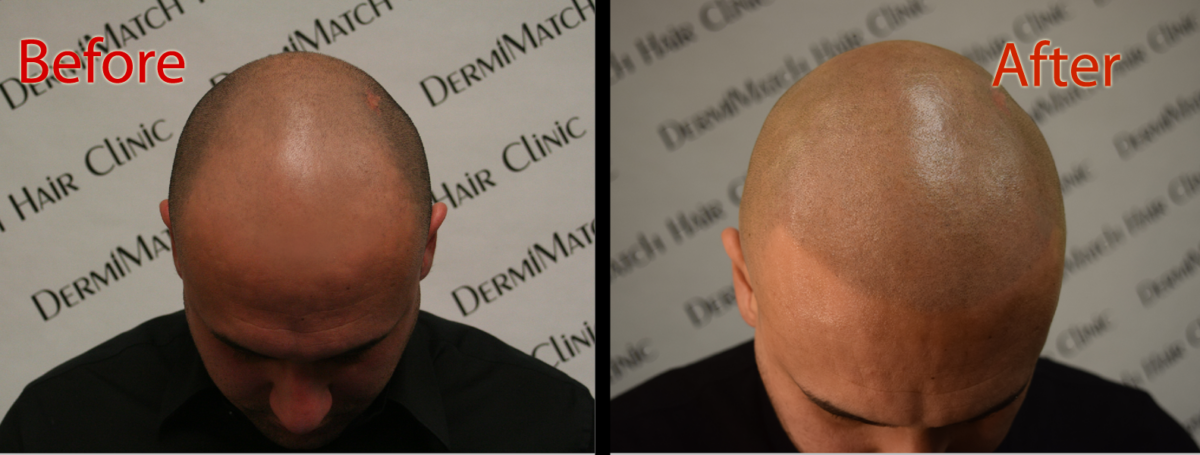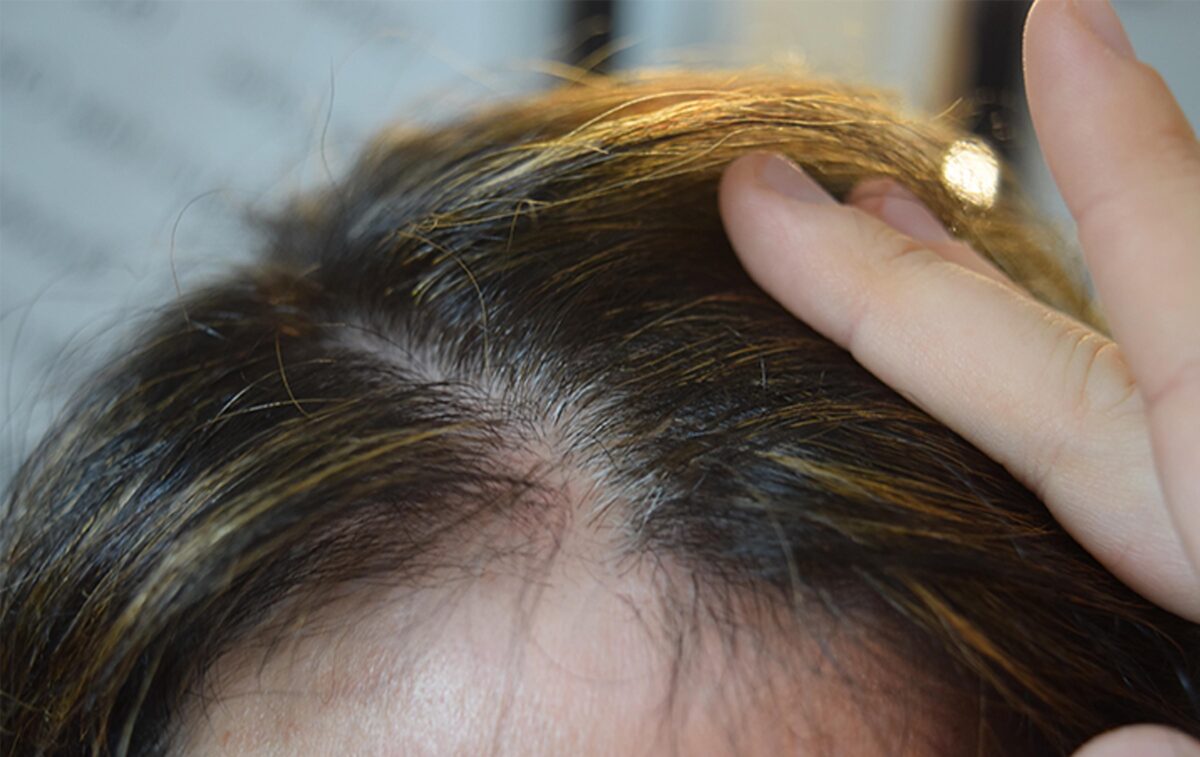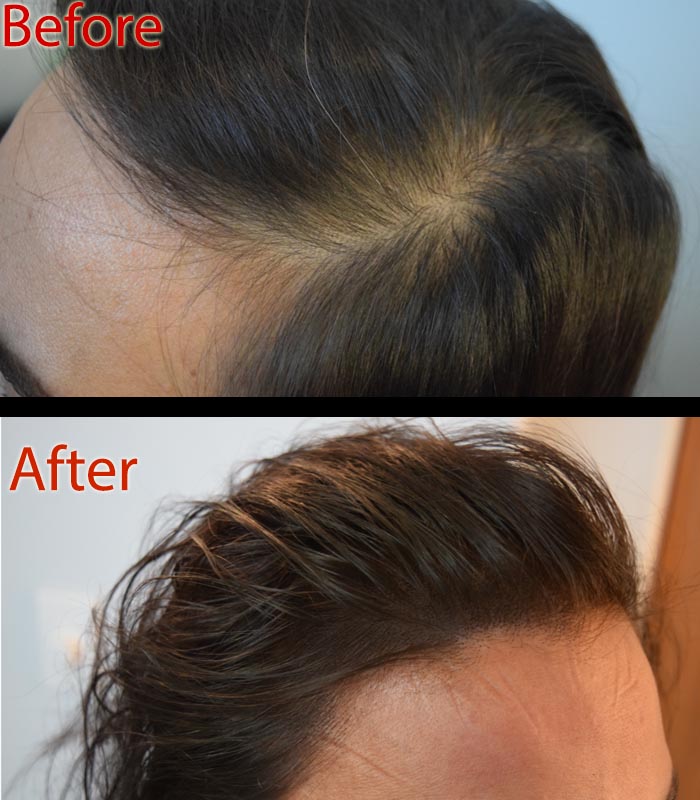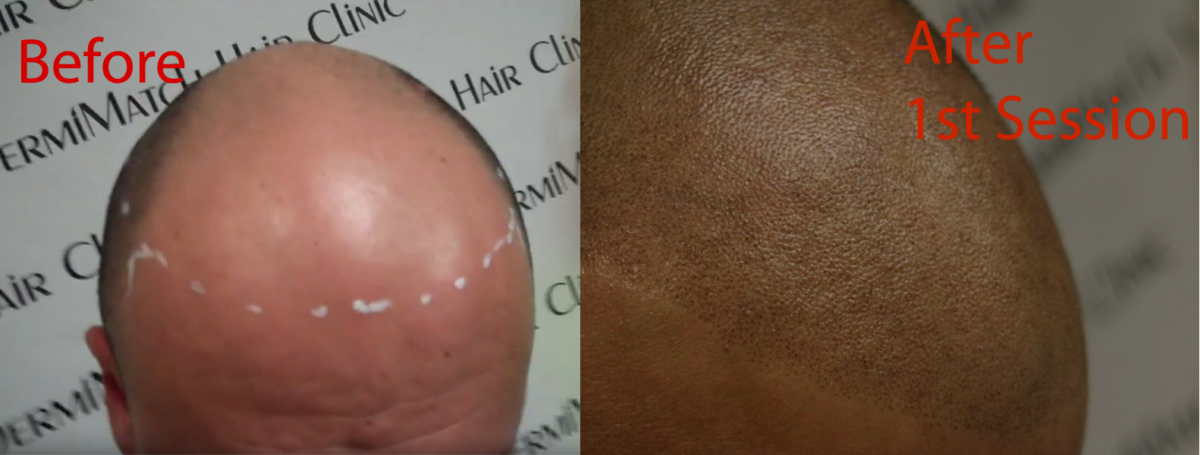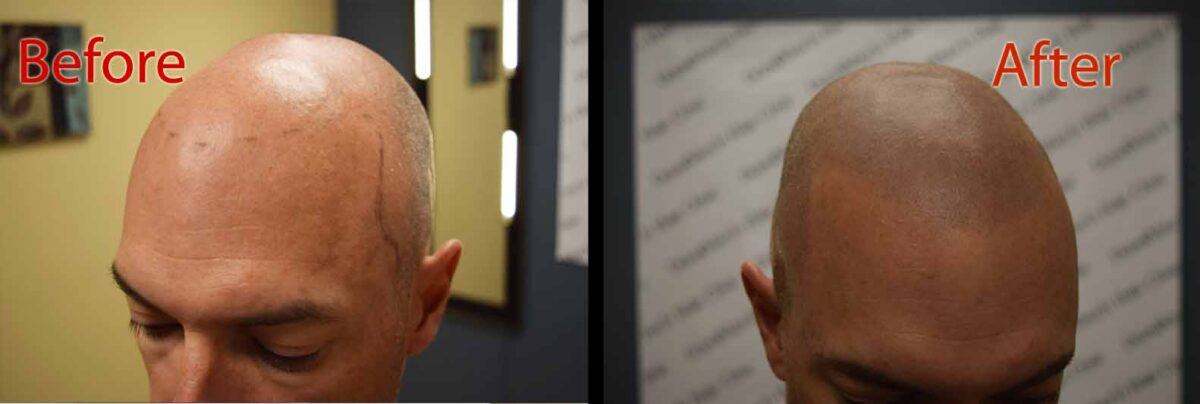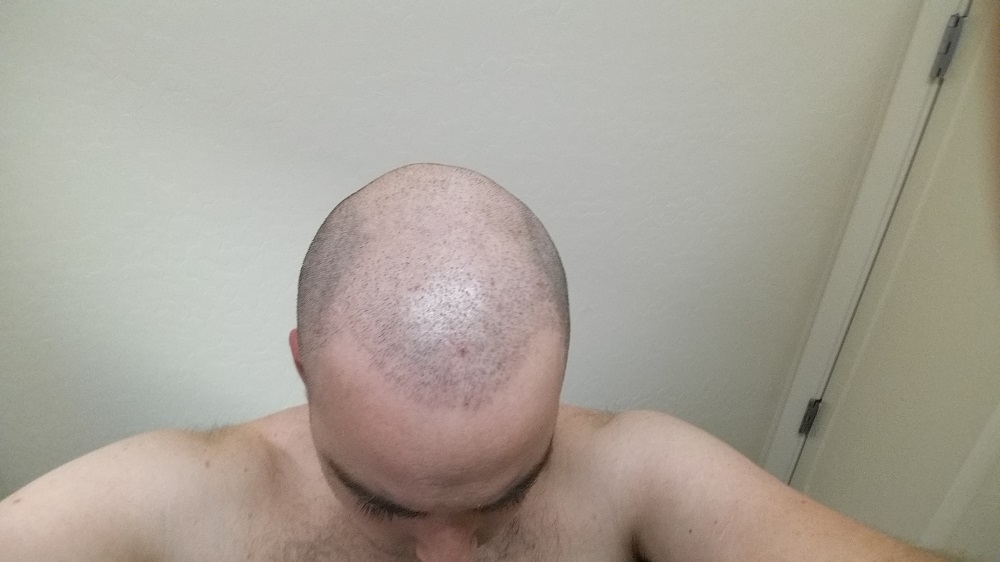Castor oil, a thick, viscous liquid extracted from the castor bean, has been a cornerstone in traditional medicine and beauty rituals for centuries. Its distinct composition, notably rich in ricinoleic acid, is attributed for its role in hair care. But does castor oil for hair loss work? Let’s explore further.
The Castor Oil for Hair Loss Conundrum
One of the most enduring claims surrounding castor oil is its capacity to enhance hair thickness. While anecdotal evidence abounds, scientific research supporting this assertion remains limited. Some studies suggest that castor oil might stimulate hair growth by increasing blood flow to the scalp. This increased circulation could potentially nourish hair follicles, leading to thicker, healthier hair over time.
Castor oil’s thick consistency can create the illusion of thicker hair by coating the hair shaft. This temporary effect might mask thinning but doesn’t address the root cause.
Castor Oil: Beyond the Hype
While the potential benefits of castor oil for thickness are debatable, it undeniably offers other advantages. Its antimicrobial and anti-inflammatory properties can help soothe an irritated scalp and reduce dandruff. Moreover, castor oil’s deep conditioning properties can hydrate dry, brittle hair, improving its overall appearance and manageability.
How to Use Castor Oil for Hair
To use castor oil effectively, you may start by diluting it with a lighter carrier oil. It could be coconut oil or jojoba oil. This makes it easier to apply. Gently massage the oil into your scalp to stimulate blood circulation and promote absorption.
Although castor oil can be a beneficial addition to a hair care routine due to its moisturizing and conditioning properties, individual results may vary in the case of natural remedies for hair loss.
However, if you’re experiencing significant loss of hair, castor oil alone might not be sufficient. Factors such as hormonal imbalances, thyroid disorders, and underlying health conditions can contribute to hair thinning. That means unless the root cause is addressed, castor oil for hair loss might not be effective.
Scalp Micropigmentation: A Modern Solution
For individuals with advanced hair loss, scalp micropigmentation offers a more permanent and visually appealing solution. This procedure involves depositing tiny pigments on the scalp to mimic the appearance of hair follicles. SMP can dramatically enhance confidence by creating a natural-looking hairline or concealing thinning areas.
While in the case of castor oil for hair loss or other natural remedies, you may have to wait for months or years to test efficacy, but SMP gives almost immediate results: Unlike hair transplants or other hair loss treatments, SMP provides instant results.
Besides, SMP can help address various hair loss patterns, including male and female pattern baldness, alopecia, and scarring. The results can help improve self-esteem and confidence for individuals experiencing hair loss.
The SMP process typically involves multiple sessions to achieve the desired results. The initial session focuses on creating a base layer of pigment, while subsequent sessions are used to refine the hairline and add density.
But to get the best SMP results, go for scalp experts in Arizona. Tattoo artists cannot give the best results. Connect with Arizona scalp artists at DermiMatch Clinic today. Their expertise can help you regain self-confidence and overcome hair loss woes.

